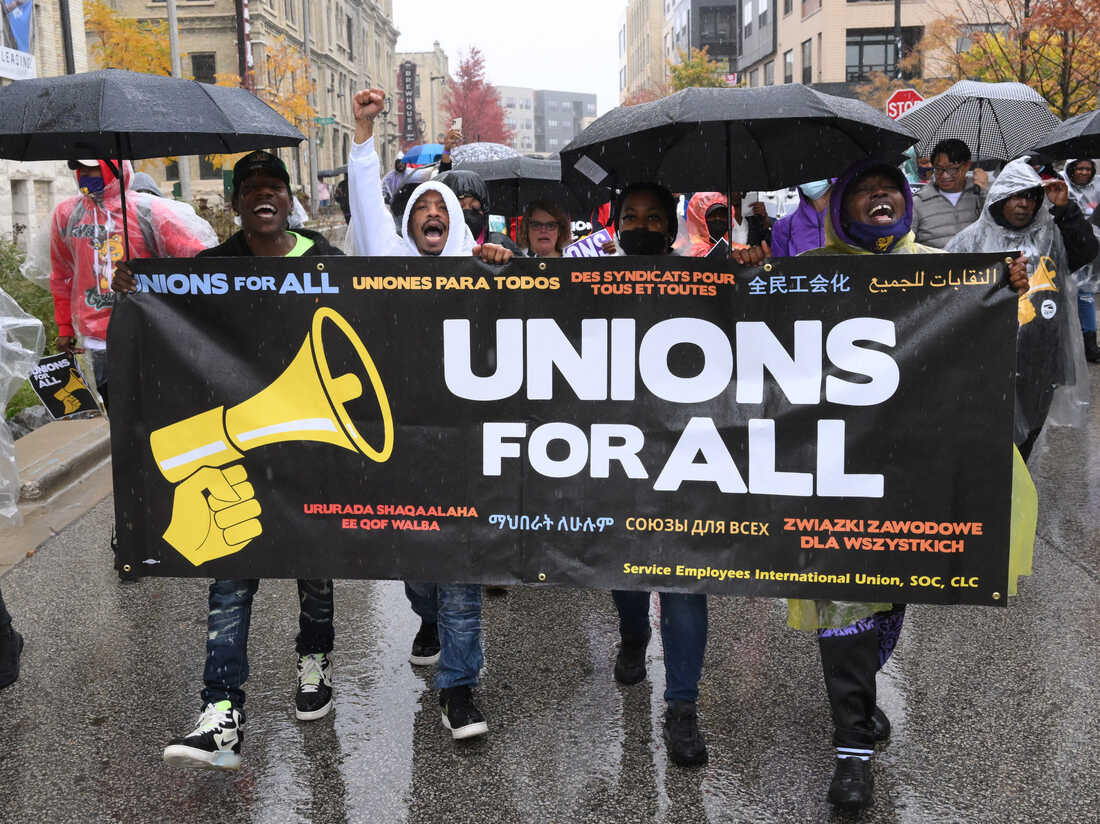Book
International integration with(out) unions? A cautionary tale about the future of work
 {width=500}
{width=500}
Labor unions have declined across the world over recent decades. What are the political consequences of labor unions’ decline for international integration? International integration depends on compensating the losers from globalization, and unions are key elements that allow society sustaining this contract, addressing the backlash against globalization.
In my book project I study unions as a key element to sustain international integration in response to the domestic pressures generated by international economic competition. In it I examine how collective action from labor is undermined by import competition, automation and information technologies, among other current sources of globalization. I also examine how these pressures affect both voter attitudes and redistributive policymaking. To do so, I combine formal theory, the tools of causal inference, archival research, interviews and case studies for establishing testable hypotheses and collecting evidence. I show that without unions the aforementioned sources of globalization reduce workers’ capacity for political action, generating lower redistribution and (subsequently) attitudes and policy against globalization.
In the book I also discuss if there exist forms of collective action that can take over the role of unions in promoting political participation and redistribution that benefits the losers from globalization. Additionally, I theorize new approaches for collective action that can tackle this challenge.
